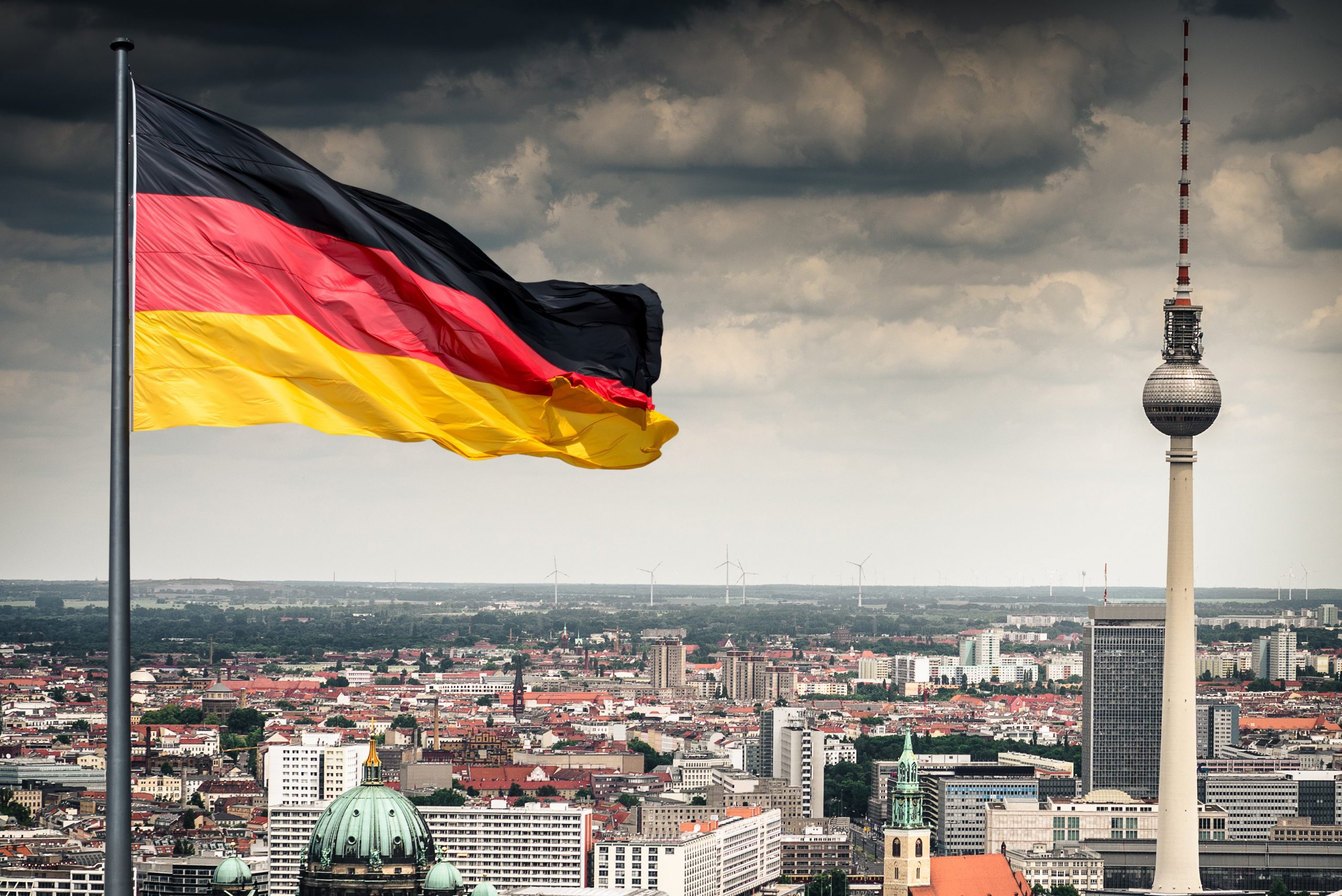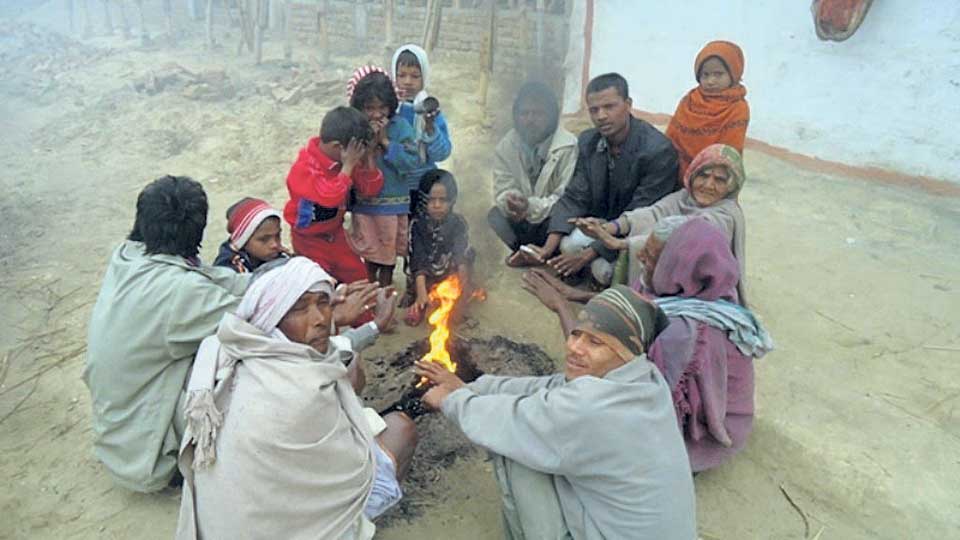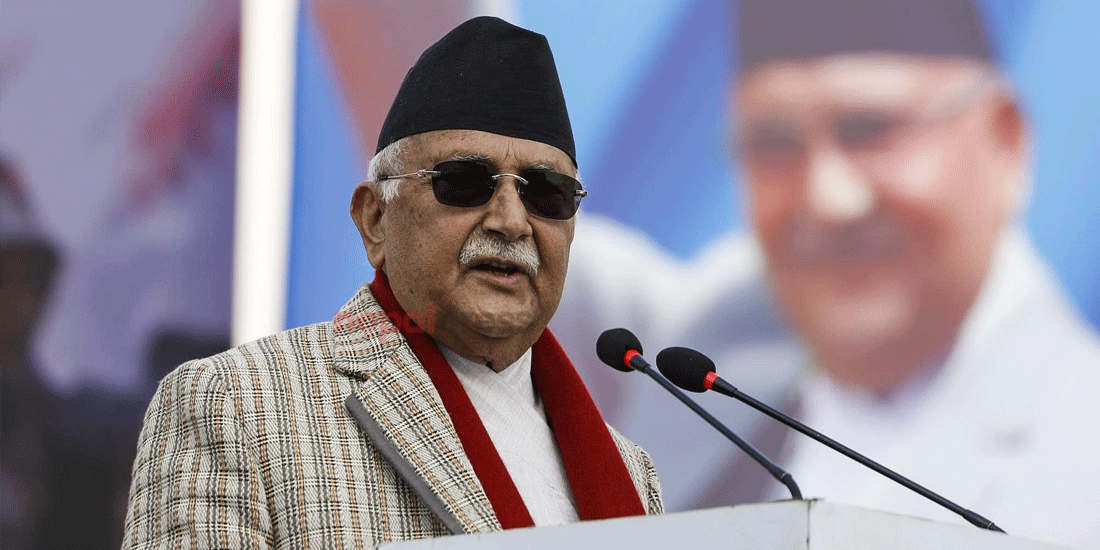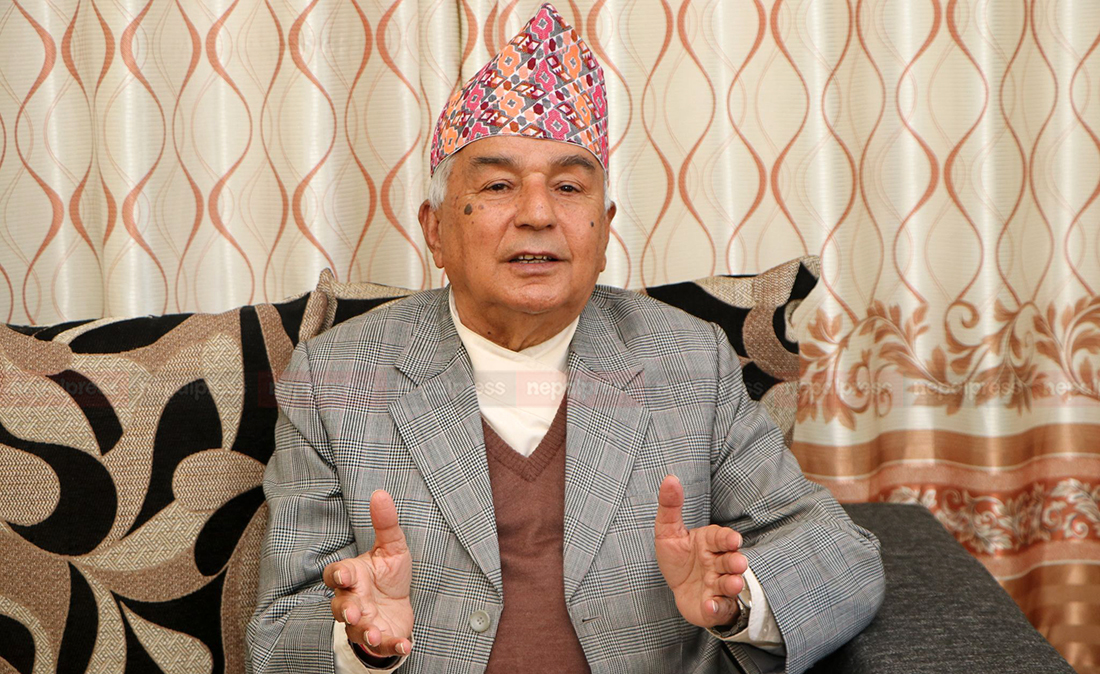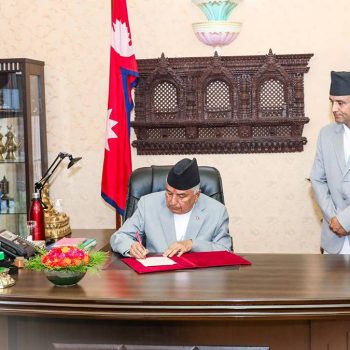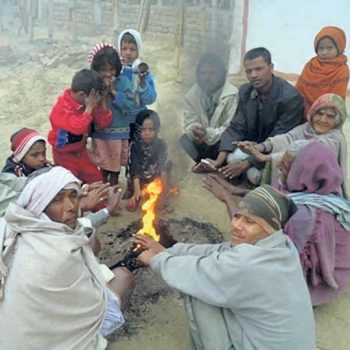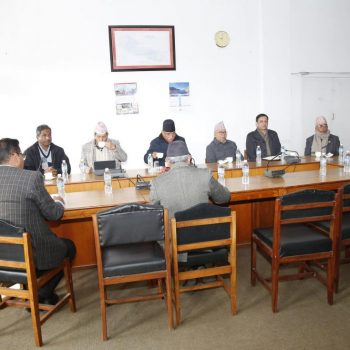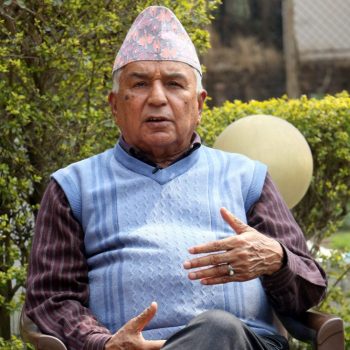China-Nepal railway is a way to prosperity; talk of ‘debt trap’ just noise : Nepali Ambassador to China
 NepalPress
NepalPress
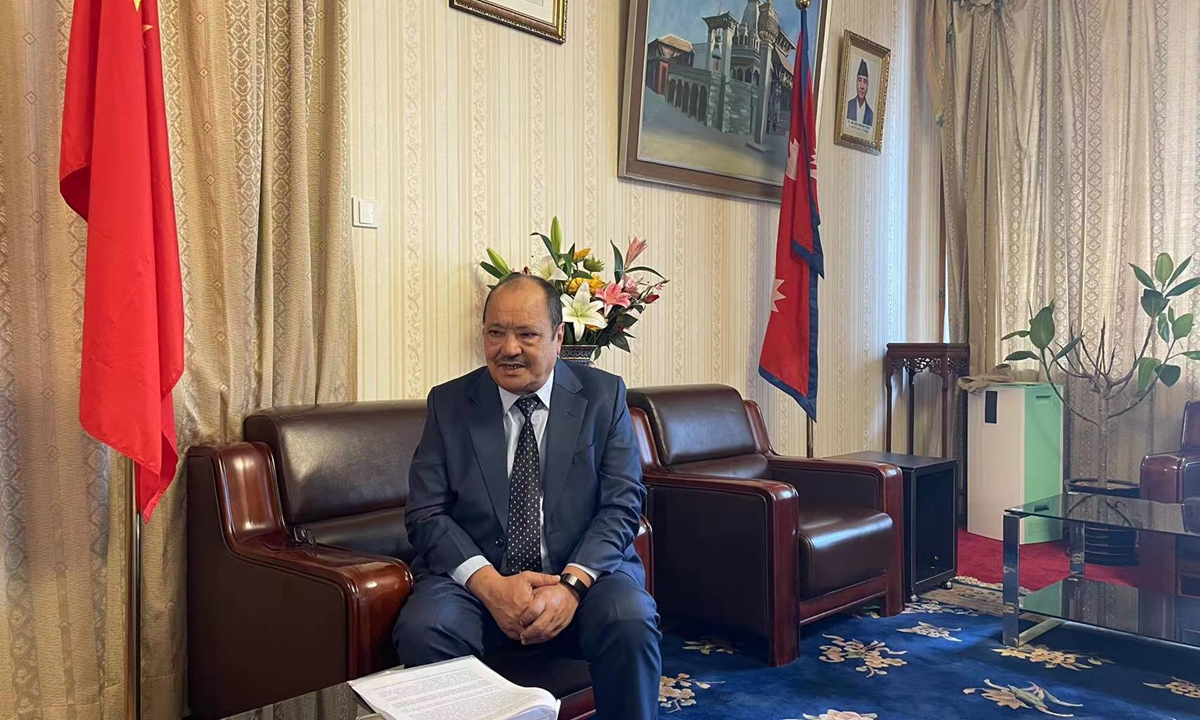
The China-Nepal railway project is a way to our prosperity and it can be a project of the century for Nepal, Nepali Ambassador to China Bishnu Pukar Shrestha told the Global Times in an exclusive interview, Global Times reported.
The ambassador noted that the rail project has great prospects and opportunity for South Asia to benefit from it. And if India studies it, they will find that this railway project has huge connectivity potential between China and South Asia.
He also slammed the accusation by some media outlets that this project will drag Nepal into a “debt trap.”
He said that he did not see any matter of “debt trap,” since no discussions of loans or debts have been part of the China-Nepal Railway project. “Those who have written such things might have been misinformed,” he said.
Nepal and China negotiate for financial modality for any project based on mutual benefit while paying attention to the socio-economic viability of such projects. Those who talk about a “debt trap” are just going on misinformation and making noise in the media, said the diplomat.
On August 10, State Councilor and Foreign Minister Wang Yi held talks with the visiting Nepali Foreign Minister Narayan Khadka in Qingdao, Shandong Province. In the meeting, Wang announced that China will use aid funds for Nepal to support the feasibility study of the China-Nepal cross-border railway, and will send experts to Nepal to conduct the survey work within this year.
“The feasibility study means the railway project has started. If it shows the project is feasible, I think the final implementation is visible. We believe that if China is committed, nothing is impossible. Nepalese people think this way as most of the Nepalese people are in favor of China and China’s development,” the ambassador told the Global Times.
The proposal for the China-Nepal railway was made in 2016 and the railway will link Xigaze in Southwest China’s Xizang Autonomous Region and Kathmandu, the capital of Nepal. However, some media reports threw cold water on this highly anticipated project, citing so-called debt or security concerns for India.
During the interview, the Ambassador said that “Nepal’s relations with both India and China are strong and historical. However, they have their own dynamism and dimensions. But I want to make clear that Nepal and China do not work for any projects which will be detrimental to India. I don’t think this railway project has any sort of security implications for anyone.”
He told the Global Times that the railway project is “our necessity, this is our dream, this is the way to our prosperity.”
According to the Ambassador, the railway is not being planned or built to carry military personnel, as some people assume. “There are always some people against the right things. There are also many people who want to implement the right things. Railway connectivity carries huge potential in trade and tourism, employment generation and uplifting socio-economic conditions.”
He noted that they have already seen the positive impact brought by the China-Laos Railway which opened just a few months ago. “It has excited us too. That is why people of Nepal are very happy after hearing this announcement. We believe that this could be materialized soon.”
When asked if Nepal faces pressure from other countries including India to maintain good relations with China, Ambassador Shrestha told the Global Times that “Nepal has its independent foreign policy. The government of Nepal is well aware of what it is doing and what it has to do.”
“We are like yam in between two giant ancient countries with much larger populations. We have our strategic location, don’t we? Some people might have seen it like that, but as I said, Nepal has its own policy, and will conduct affairs according to its policy,” he said.
“People used to say that sometimes the government of Nepal is tilted to the south, sometimes it is tilted to the west, sometimes to the north. But the major principle is non-alignment and not sitting under any kind of military umbrella,” he added.
The diplomat stressed that China and India are both Nepal’s neighbors, close friends as well as Nepal’s development partners. “Our relations with both have their own history and tradition. Cultural links and people-to-people exchanges are hallmarks of our relations with both neighbors. In our relations with both China and India, we also follow the principle of non-alignment and Charter of the United Nations,” he said.
People’s Review reported on August 11 that Kathmandu-based EU ambassadors wanted to meet Nepali Foreign Minister Khadka to express their displeasure with his trip to China, especially after the visit of US Speaker Nancy Pelosi to China’s Taiwan. Nepal also reportedly faced pressure from India in its relations with China.
Talking about the external pressure on Nepal’s foreign policy, the diplomat told the Global Times, “I must state that Nepal and China are neighbors, connected with the mountains and rivers and peoples since ancient times. The history, culture and tradition do not grow out of pressure, but they grow naturally like water flows in the rivers, and air blows over the mountains across the two countries.”
“Besides being neighbors, Nepal and China are close friends. It is in no way by force or fiction or pressure, rather it is by choice of the Nepali people and government. Nepal’s foreign policy is amity with all, enmity with none.”


